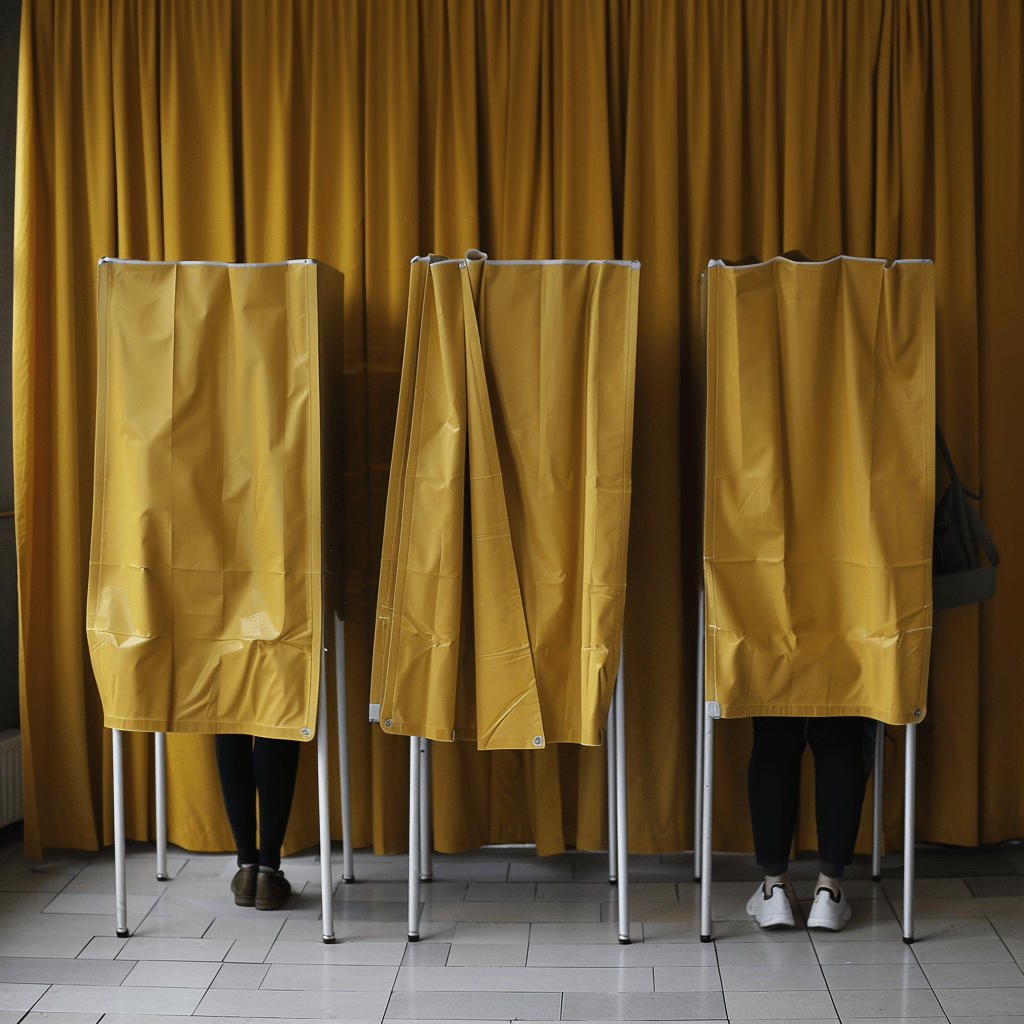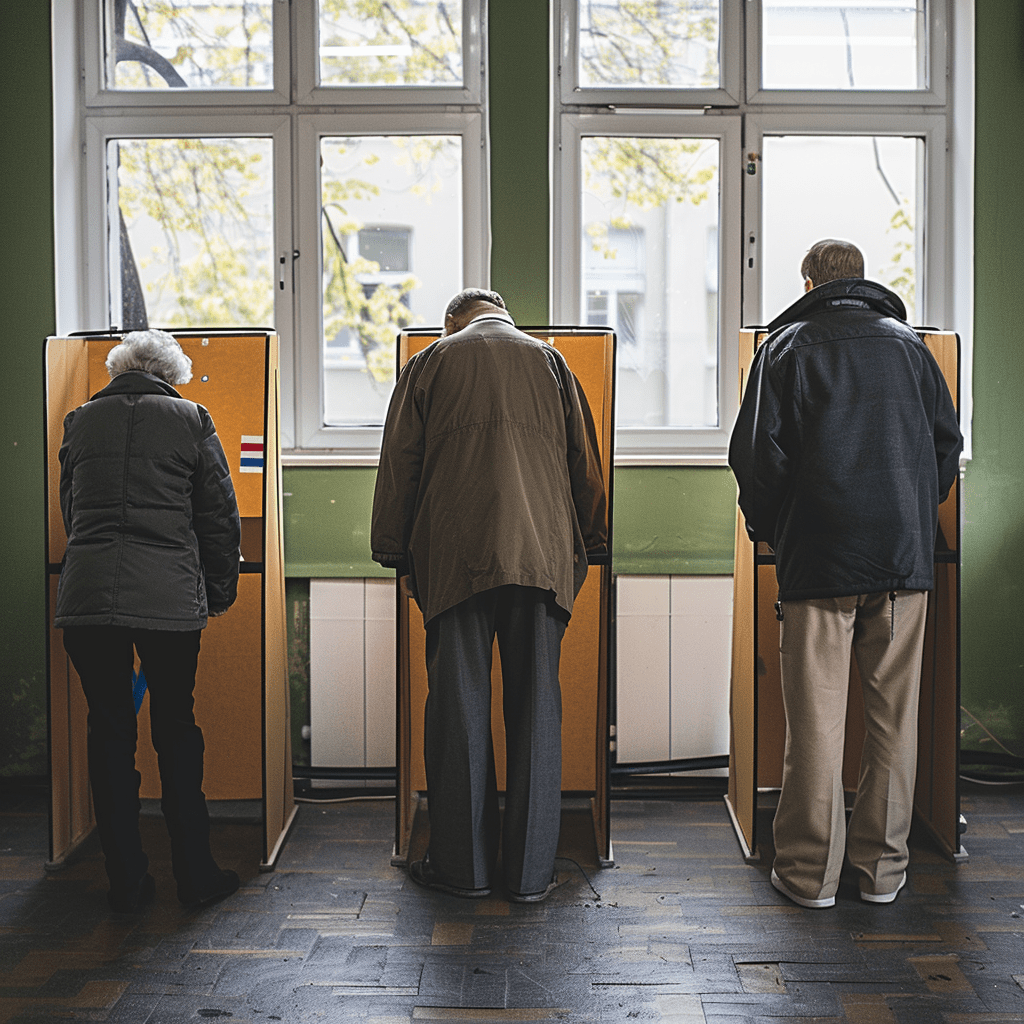Report
Estonia Weekly: Treason Conviction in Estonia Cast as “Russophobia” by Pro-Kremlin Voices
Pro-Kremlin online commentators spread messages about “political repression,” “Russophobia,” and a liberal culture war in Estonia allegedly aimed at silencing dissent and undermining traditional values.
Weekly Reports
Lithuania Weekly: first and second round of presidential elections
Local news dominated reader attention this week, specifically focusing on coverage by Lithuanian media linked to the Kremlin.
Read moreLatvia Weekly: Fears of new prisons and raised taxes
During this examined week, two main narratives dominated the discourse, primarily the persecution of Russian speakers, including additional repression and encroachment by the government.
Read moreEstonia Weekly: Russian schools and NATO support questioned
In the reporting week, social media actors were focused on writing about Kaya Kallas, her disbelief in the help that NATO would bring if Estonia were attacked, and her role in the growing poverty levels in Estonia.
Read moreLithuania Weekly: All eyes on the elections
In the past week, local politics and government affairs captured the most attention among readers, with a particular focus on media linked to the Kremlin in Lithuania.
Read moreLatvia Weekly: The Green Deal and Migration
During the examined week the present disinformation narratives were similar to those of prior weeks with the main focus being on the European Union.
Read moreEstonia Weekly: Voting Laws and Eurovision
This week, the posts mainly focused on Eurovision with the posters claiming that in order to win, the Estonian all-male group would be forced to act more feminine.
Read moreLithuania Weekly: Criticism towards the government and elections
Over the past week, stories considering local politicians and the general work of the government gathered the most audience engagement while specifically analysing Kremlin-affiliated media in Lithuania.
Read moreLatvia Weekly: Concerns over EU and RailBaltic
During the examined week the common narratives concerned policies in relation to Russian citizens residing in Latvia and the European Union.
Read moreEstonia Weekly: Selfish politicians and Russian culture
This week, posts were mostly targeted towards the government and how the Centrist Party will be blamed for the failures of other politicians.
Read moreShowing 226 to 234 of 332 results
Don’t miss a story.
We publish stories that change laws, lives, minds and the world. Subscribe to our newsletter to get our investigations delivered to your inbox.








